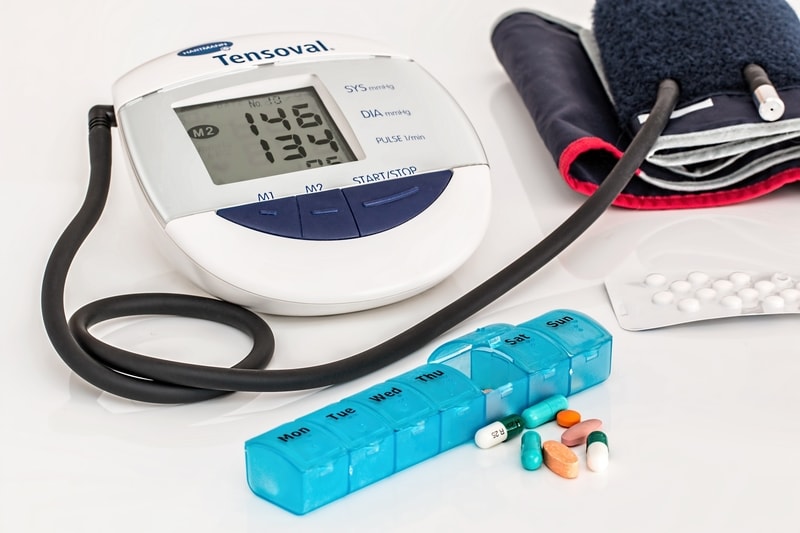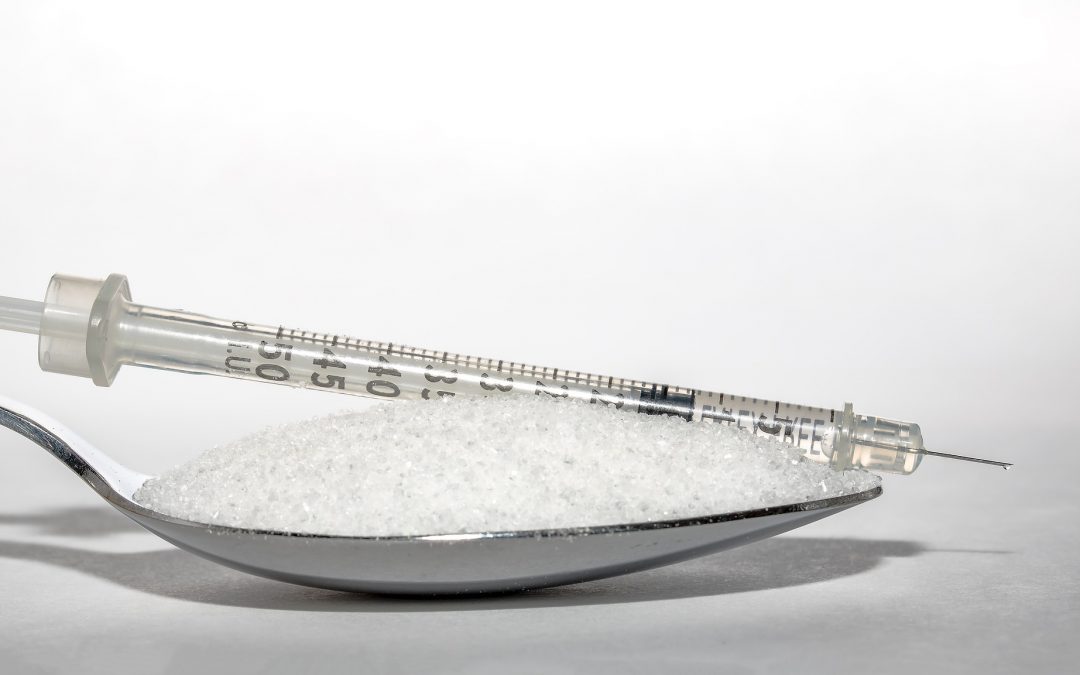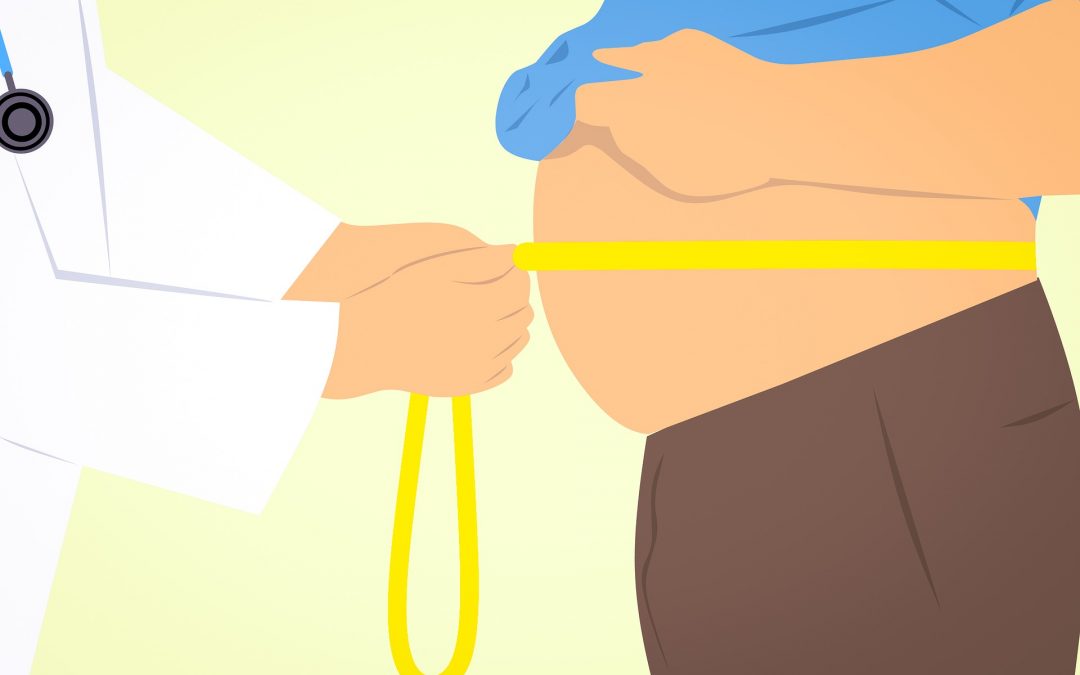
Sep 12, 2019 | Additional reading
Evgenia-Peristera Kouki, Psychologist Hariklia Proios, PhD CCC-SLP Assistant prof of Neurocognitive Disorders and Rehab, Dept of Educational and Social Policy University of Macedonia Smoking is the cause of several changes in the structure and function of the brain...

Sep 12, 2019 | Additional reading
Evgenia-Peristera Kouki, Psychologist Hariklia Proios, PhD CCC-SLP Assistant prof of Neurocognitive Disorders and Rehab, Dept of Educational and Social Policy University of Macedonia Stroke is strongly associated with depression, as previous research reports an...

Sep 12, 2019 | Additional reading
Hypertension is the most important known risk factor for stroke. It is characterized by long-term increased blood pressure (BP) against the artery walls that may cause health problems, such as cardiovascular and cerebrovascular diseases. High blood pressure damages...

Sep 12, 2019 | Additional reading
Author: Rachel Dankner, M.D., M.P.H. One of the main goals in stroke reduction is to control vascular risk factors such as hypertension, diabetes, dyslipidemia, smoking cessation, and maintain a healthy diet and aerobic exercise. Among the numerous health benefits of...

Sep 12, 2019 | Additional reading
Author: Prof. David Tanne; Sackler faculty of Medicine, Tel-Aviv University What is Diabetes Insulin is a hormone made in the pancreas that helps move glucose from the food you eat to your body’s cells. It helps glucose to enter the cells in your body so it can be...

Aug 27, 2019 | Additional reading
Authors: Maria Baskini MSc, RD, PhD Candidate Hariklia Proios, PhD CCC-SLP Assistant Prof of Neurocognitive Disorders and Rehab. Dept. of Education and Social Policy University of Macedonia The impact of obesity on stroke is well recognized and is not only a risk...







